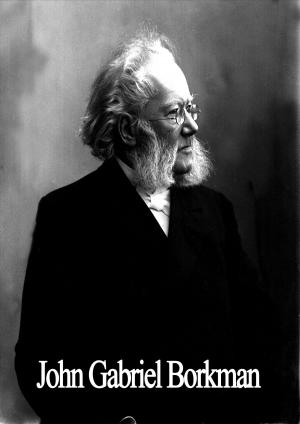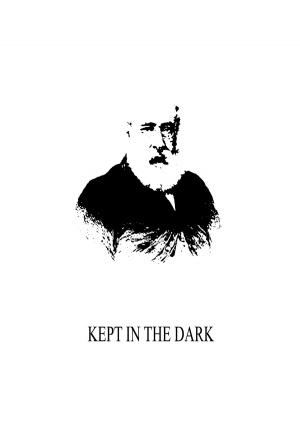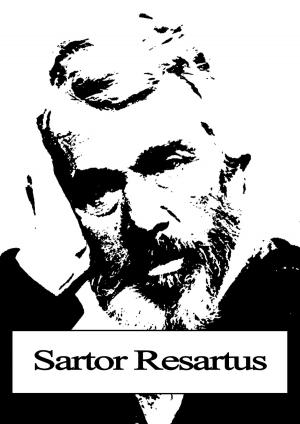| Author: | Jean Bloch | ISBN: | 1230000032321 |
| Publisher: | Zhingoora Books | Publication: | November 21, 2012 |
| Imprint: | Language: | English |
| Author: | Jean Bloch |
| ISBN: | 1230000032321 |
| Publisher: | Zhingoora Books |
| Publication: | November 21, 2012 |
| Imprint: | |
| Language: | English |
Christmas Summary Classics
This series contains summary of Classic books such as Emma, Arne, Arabian Nights, Pride and prejudice, Tower of London, Wealth of Nations etc. Each book is specially crafted after reading complete book in less than 30 pages. One who wants to get joy of book reading especially in very less time can go for it.
JEAN BLOCH
The Future of War
The son of humble Polish Jews, Jean Bloch, who was born in 1836, amassed a large fortune out of Russian railways. At the age of fifty he retired from business, and devoted himself to an exhaustive study of the conditions and possibilities of modern warfare. To this labour he gave eight years, and, in 1898, the fruits of it were published in a work of six volumes, in which he sought to prove that, owing to the immensity of modern armies, the deadliness of modern weapons, and the economic conditions that prevailed in the larger states, a great European war was rapidly becoming a physical impossibility. M. Bloch died on January 7, 1902, not before several of his theories had been tested by actual campaigning. His main argument, however, concerns a war on European frontiers between European powers, and such a war he did not live to witness.
Christmas Summary Classics
This series contains summary of Classic books such as Emma, Arne, Arabian Nights, Pride and prejudice, Tower of London, Wealth of Nations etc. Each book is specially crafted after reading complete book in less than 30 pages. One who wants to get joy of book reading especially in very less time can go for it.
JEAN BLOCH
The Future of War
The son of humble Polish Jews, Jean Bloch, who was born in 1836, amassed a large fortune out of Russian railways. At the age of fifty he retired from business, and devoted himself to an exhaustive study of the conditions and possibilities of modern warfare. To this labour he gave eight years, and, in 1898, the fruits of it were published in a work of six volumes, in which he sought to prove that, owing to the immensity of modern armies, the deadliness of modern weapons, and the economic conditions that prevailed in the larger states, a great European war was rapidly becoming a physical impossibility. M. Bloch died on January 7, 1902, not before several of his theories had been tested by actual campaigning. His main argument, however, concerns a war on European frontiers between European powers, and such a war he did not live to witness.
![Cover of the book The Future Of War [Christmas Summary Classics] by Jean Bloch, Zhingoora Books](https://www.kuoky.com/images/2012/november/500x500/1230000032321-EH8k_500x.jpg)



![Cover of the book Institution of the Christian Religion [Christmas Summary Classics] by Jean Bloch](https://www.kuoky.com/images/2012/december/300x300/1230000036222-NcfF_300x.jpg)










